International Human Rights Commission Issues Global Appeal for Coordinated Action
Abuja, Nigeria | July 2025
United Call Against Escalating Threats
The International Human Rights Commission (IHRC) has formally issued a global appeal to world leaders, including His Excellency President Bola Ahmed Tinubu, urging a united and coordinated response to the growing challenges of terrorism, insecurity, and human rights violations destabilising vulnerable regions worldwide, notably Nigeria.
The official appeal, conveyed through a Statement of Verbale by IHRC Secretary-General, Prof. Rafał Marcin Wasik, was submitted to the Nigerian President by H.E. Ambassador Dr. Duru Hezekiah, IHRC’s Head of Diplomatic Mission to Nigeria. The document highlights IHRC’s deep concern regarding the increasing humanitarian toll of violence, conflict, and displacement, and calls for immediate, principled action at both national and international levels.
A Global Crisis Demanding Immediate Action
“In light of the increasing tragedies affecting millions worldwide — including victims of insurgency and terrorism — I respectfully call upon the global community to act without delay. Our collective responsibility is to uphold the principles of justice, compassion, and human dignity.”
Prof. Rafał Marcin Wasik, IHRC Secretary-General
Prof. Wasik described the current global situation as a crisis requiring solidarity, decisive governance, and humanitarian leadership. He stressed the urgent need to address serious issues such as forced displacement, abductions, food insecurity, trafficking in persons, and the use of civilians as shields in armed conflict. Special concern was expressed over the plight of hostages held by violent groups in regions including the Middle East, and the need for robust civilian protection in conflict zones.
Nigeria at the Forefront of the Struggle
While acknowledging the international dimensions of the crisis, IHRC placed particular emphasis on Nigeria, where communities — especially in rural and agrarian areas — remain vulnerable to repeated attacks from bandits, insurgents, and non-state armed groups.
“Nigeria, as a regional leader, possesses the capacity and moral authority to advance lasting peace and security for its people. We encourage the government to strengthen its response through inclusive, rights-based, and community-oriented approaches.”
Prof. Rafał Marcin Wasik
Diplomatic Engagement and Humanitarian Commitment
In support of the appeal, Ambassador Dr. Duru Hezekiah emphasised IHRC’s appreciation for Nigeria’s efforts to address insecurity, while calling for an elevated and urgent humanitarian response.
“The communities most affected by violence must not be forgotten. Through this diplomatic engagement with the Presidency, we aim to strengthen international cooperation and support Nigeria’s path toward stability and national cohesion.”
Amb. Dr. Duru Hezekiah, Head of IHRC Diplomatic Mission to Nigeria
Ambassador Hezekiah reaffirmed that the IHRC diplomatic mission in Nigeria is committed to supporting initiatives that protect human lives and dignity, particularly in areas experiencing protracted crises. He stressed the necessity for meaningful action, grounded in the rule of law and shared responsibility, to prevent further loss of life.
“It is no longer sufficient to rely on statements of concern. The protection of civilians must now be a national and global priority.”
A Call for Global Partnership
The IHRC affirms that the world stands at a pivotal moment that demands moral clarity and collaborative engagement. The organisation remains committed to working with the Nigerian government, regional stakeholders, and the international community to develop sustainable frameworks for security, development, and human rights protection.
“Let us choose the path of peace, empathy, and courageous leadership. Let us give voice to the voiceless and strength to the vulnerable.”
Prof. Rafał Marcin Wasik
Reported by:
Fidelis Onakpoma
Head of Media and Strategic Communications IHRC Nigeria

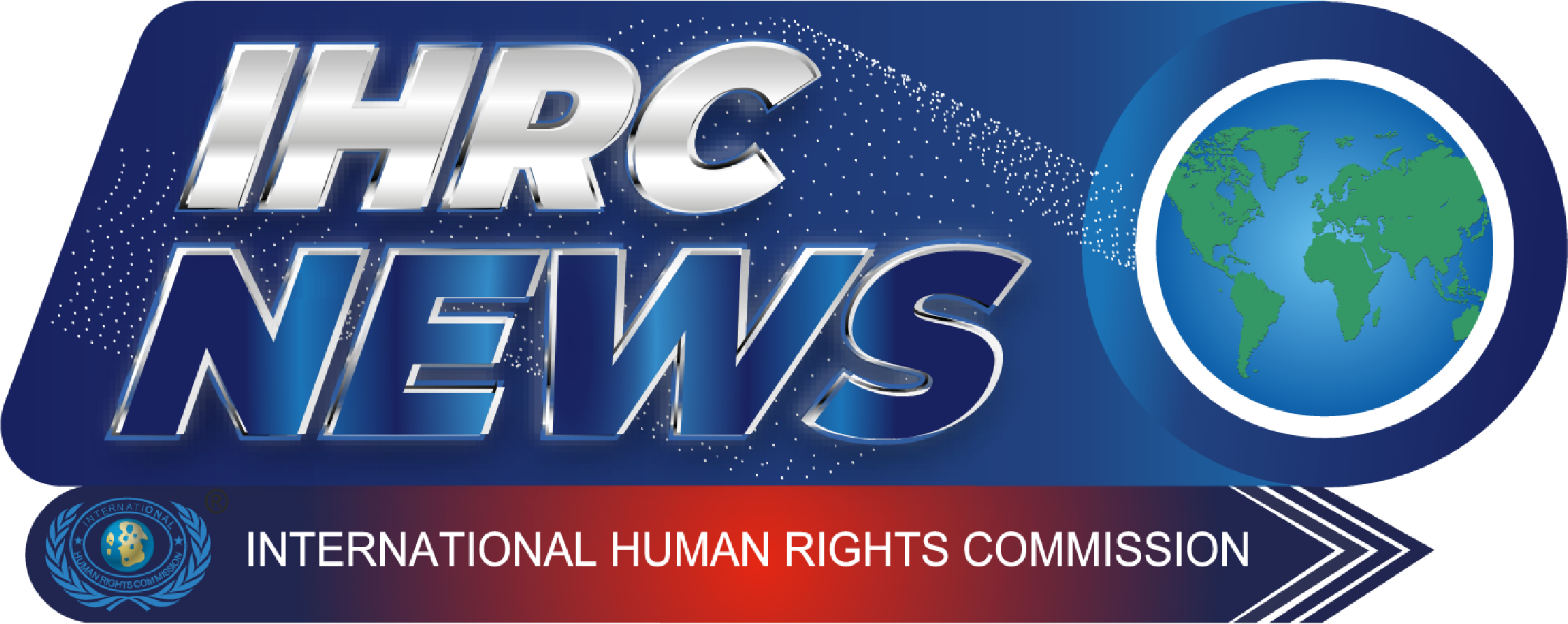
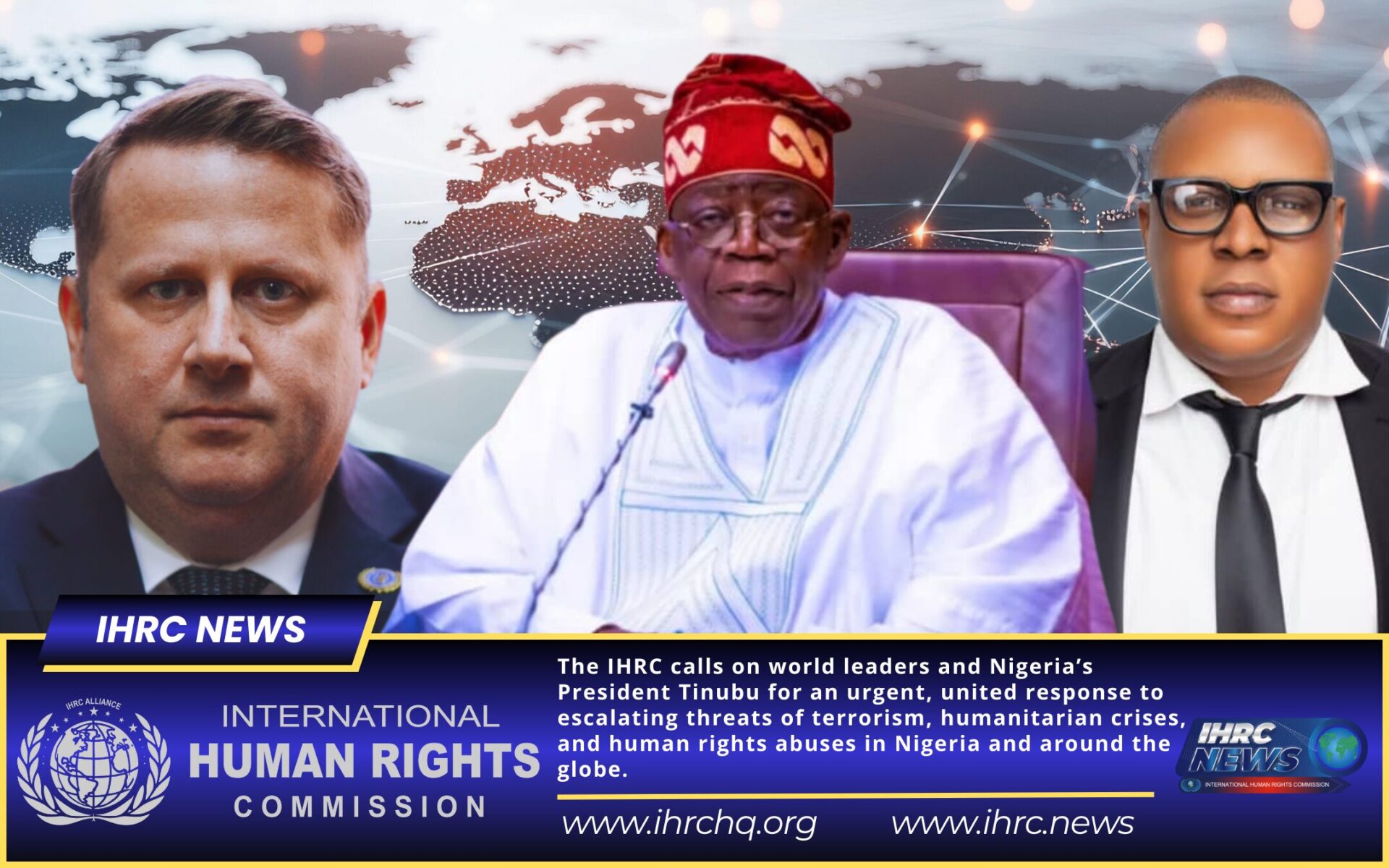
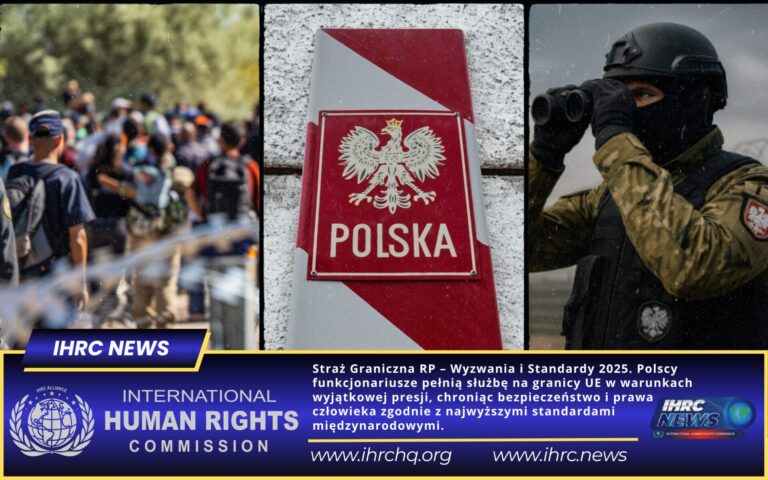
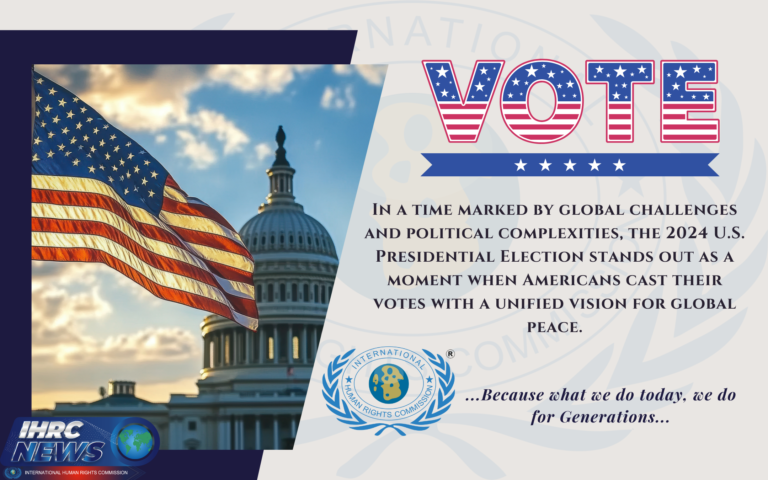
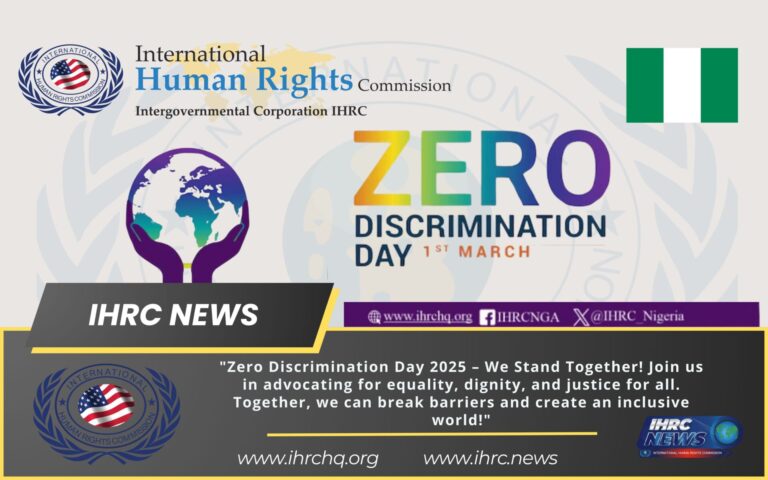

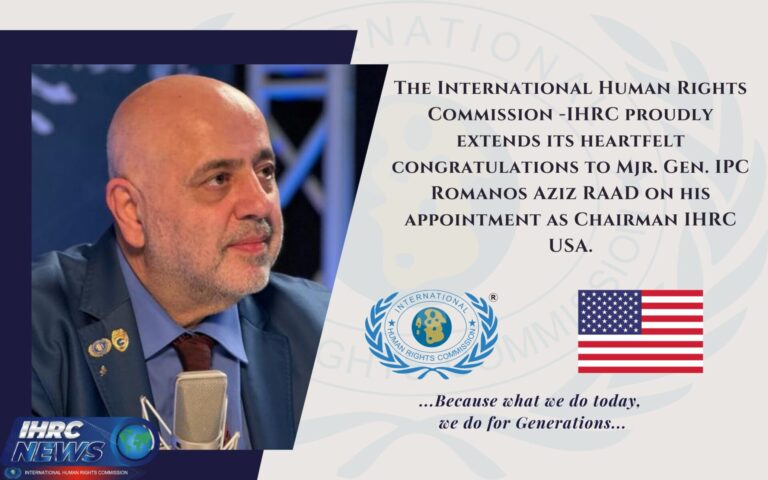
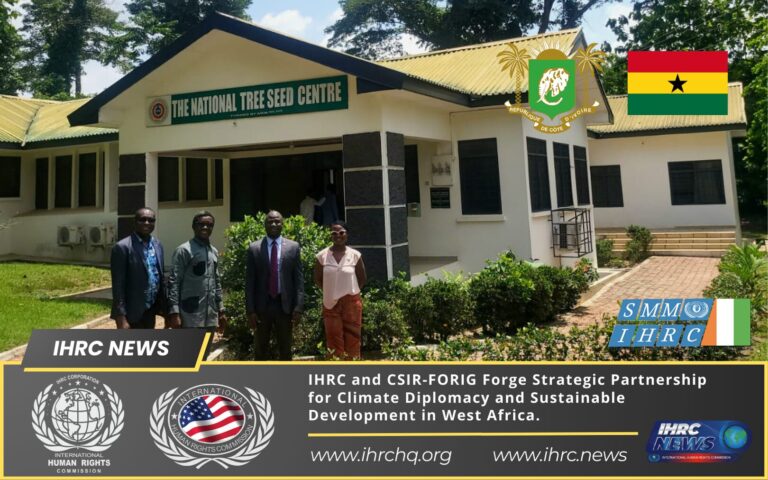
As a proud volunteer of the International Human Rights Commission, I fully support this initiative. Together, we can continue to promote peace, justice, and human dignity across the globe. #IHRC #HumanRights #PeaceMission
As a proud volunteer of the International Human Rights Commission, I fully support this initiative. Together, we can continue to promote peace, justice, and human dignity across the globe. #IHRC #HumanRights #PeaceMission
As a proud volunteer of the International Human Rights Commission, I fully support this initiative. Together, we can continue to promote peace, justice, and human dignity across the globe. #IHRC #HumanRights #PeaceMission
Volunteer at IHRC
As a teacher, nutritionist, and humanitarian volunteer, I deeply appreciate this call for stronger action.
indeed, Vulnerable communities in Nigeria need urgent support and protection.
Thank you for standing up for peace, dignity, and human rights.